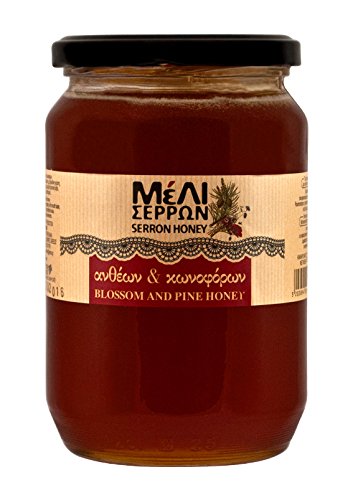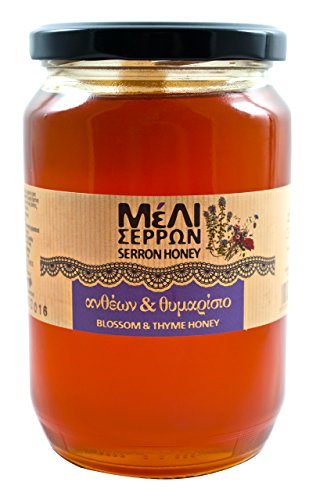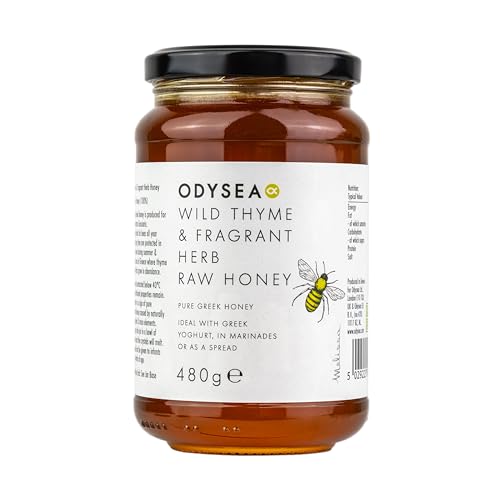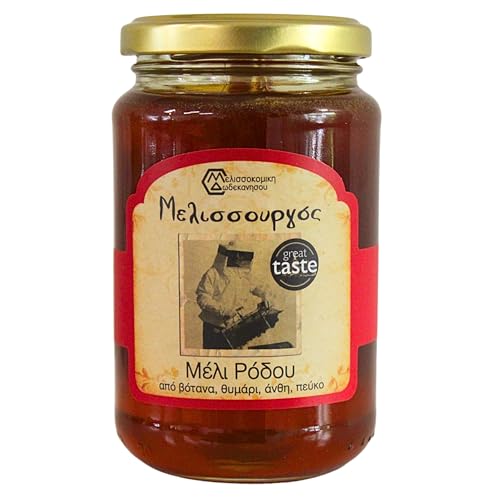Understanding Greek Honey: What Makes It Unique
The Essence of Greek Honey
Greek honey is renowned for its unique flavours and health benefits, deeply rooted in the diverse landscapes and flora of Greece. With thousands of wildflowers and herbs growing in the country, Greek honey showcases the natural environment’s richness. It is primarily produced by bees collecting nectar from these local plants, resulting in distinct flavour profiles that vary from region to region. For example, thyme honey, perhaps the most famous, carries a floral aroma and sweet taste, while pine honey has a resinous quality that sets it apart. The production process, which remains traditional and unrefined in many areas, allows the honey to retain its natural antioxidants and vitamins, making it not just a sweetener but also a superfood.
The Different Types of Greek Honey: Flavour Profiles and Benefits
Exploring Varieties of Greek Honey
There are several types of Greek honey, each offering its own unique taste and health benefits. Thyme honey, with its strong floral notes, is great for boosting the immune system. Sage honey is another popular choice, known for its calming properties, making it ideal for reducing stress. Pine honey is dark and rich, offering a robust, resinous flavour that works well in marinades and sauces. Additionally, citrus honey, collected from orange or lemon blossoms, provides a bright, zesty sweetness perfect for desserts or teas. Each type carries its own nutritional profile, enriching your diet with natural enzymes and antioxidants.
How to Choose the Best Greek Honey for Your Needs
Finding Your Ideal Honey
Choosing the right Greek honey involves understanding your personal preferences and what you’re looking to gain from it. If you enjoy robust flavours, pine honey could be your go-to. For those who appreciate lighter, more floral notes, thyme or citrus honey might be preferable. It’s also essential to consider the honey’s consistency; some may prefer a thicker, crystallised honey while others might lean towards a runny, liquid form. When purchasing, look for pure and organic labels to ensure quality. Don’t hesitate to ask for samples or taste tests at local markets or specialty shops to find the perfect match for your palate.
Using Greek Honey in Your Daily Life: Tips and Recipes
Incorporating Honey into Your Routine
Greek honey is incredibly versatile and can be seamlessly integrated into your everyday meals. Start your day with a drizzle of honey over Greek yogurt topped with fresh fruits and nuts for a nutritious breakfast. If you’re a coffee or tea drinker, try swapping sugar for honey for a delightful twist; just remember to add it once your drink has cooled slightly, as high temperatures can alter its beneficial properties. For lunches or snacks, consider adding honey to salad dressings or marinades to enhance flavours. In the kitchen, honey is also a fantastic ingredient for baking, giving baked goods a soft texture and added depth.
Where to Buy Authentic Greek Honey: Our Recommendations
Finding Authentic Greek Honey
When it comes to purchasing authentic Greek honey, seeking out specialty food stores or local markets that focus on Mediterranean products is a great start. These venues often carry a curated selection of high-quality honey sourced directly from Greece, ensuring you’re getting the real deal. Additionally, online retailers may offer specific brands known for their commitment to quality and sourcing. When shopping, look for packaging that highlights the origin—honey from specific regions in Greece can often carry unique characteristics. Don’t hesitate to ask the seller about their sourcing practices to ensure you’re buying pure honey without added preservatives or sugars.































